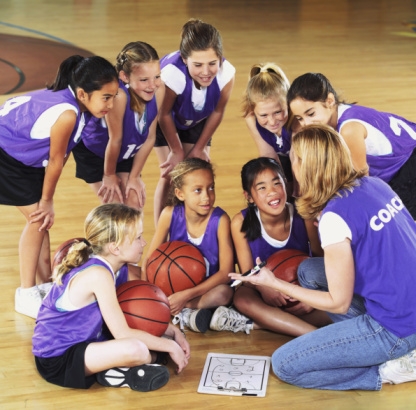Winning isn't everything.

Contrary to the opening observation in John Allemang’s Saturday article in this past weekend’s Globe and Mail, entitled “The Case for Killing the Competition,” I don’t think Canada’s push to own the podium in Vancouver was actually about winning being everything and by extension, the only thing that mattered. The article goes on to make many compelling points about the importance of long term athlete development, including the dangers of coaches of young kids coaching to win at the expense of skill development.
The main point though that I would like to focus on is the implicit message from the title of the article that winning and participation are somehow enemies of each other. They are not. They are part of one sport system. At one end of the continuum we attempt to “fill the playground” and at the other end we try to “own the podium.” When we fill the playground, we increase our chances of owning the podium. But not just that, we also attract more kids to sport, keep them in sport and allow them to benefit from a sport experience that promotes health and builds character. To help fill the playground, we have moved toward a long-term athlete development model based on physical literacy, and an ages and stages approach to sport development. To ensure we fill the playground, we have begun to offer sport in Canada that is values-based, sport we have come to call “True Sport.”
Imagine if among the many medal winners in Vancouver, one athlete had tested positive for doping? What would we have thought of winning then? It is just as important to Canadians how we win as it is that we win. True Sport is making sure that our athletes own the podium without dishonouring our nation’s character. It starts in the playgrounds and whether a young athlete goes on to world best performances or simply plays for the fun of it, one sport system in Canada ensures that our Canadian values remain intact.